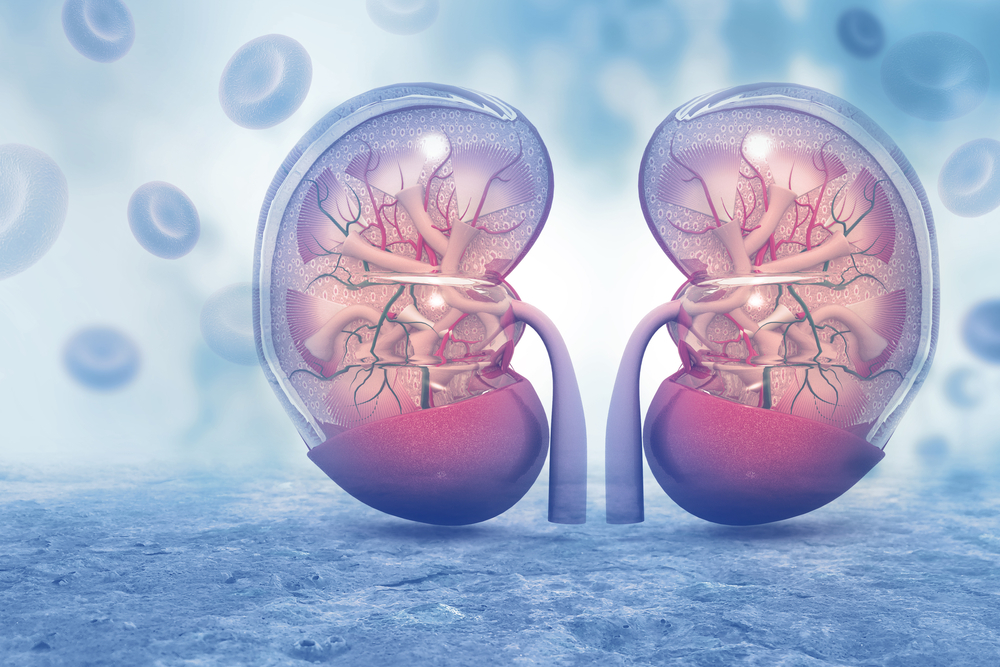Restless legs syndrome (RLS) is more prevalent among patients with chronic kidney disease (CKD) undergoing dialysis compared with the general population, but it is often diagnosed late, and its predictors are not well understood. An observational, cross-sectional study aimed to diagnose RLS in a cohort of patients with CKD on dialysis, determine its frequency and severity, compare its prevalence and severity between different dialytic modalities, and identify potential predictive factors.
The study involved 326 patients (241 on hemodialysis [HD] and 85 on automatic peritoneal dialysis [APD]). RLS was diagnosed using the criteria set by the International Study Group on RLS, and its severity was assessed with the RLS Rating Scale. The study found that 19.3% of patients had RLS, with 52.4% of those cases being severe or very severe. There were no significant differences in clinical and demographic characteristics or dialytic modality between patients with and without RLS. However, patients on APD exhibited higher RLS severity compared with those on HD. The findings highlight that RLS is common in patients on dialysis, particularly in its severe forms, and while the type of dialysis does not influence its occurrence, it may affect its severity.
Reference: de Menezes AF, Motta DRMS, de Carvalho FO, et al. Restless Legs Syndrome in Dialysis Patients: Does the Dialysis Modality Influence Its Occurrence and Severity? Int J Nephrol. 2018;2018:1414568. doi: 10.1155/2018/1414568.







